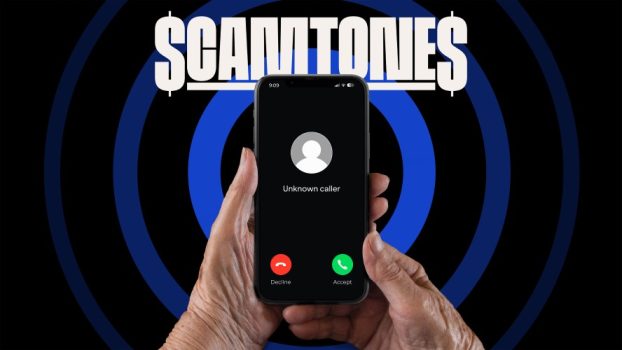The bane of Canadian direct-to-home satellite services – false starts – has finally been rectified with AlphaStar Communications blasting out of the blocks and into consumers’ homes earlier this month.
Now, the question is how this company – and others following it – plan to market the new service.
AlphaStar, through its parent company Tee-Comm Electronics of Milton, Ont., plans to launch regional print and radio creative at the end of March targeting both uncabled and under-cabled markets across the country, according to Clive Hobson, director of corporate communications for the company.
In addition to radio and print, all handled by Quarry Communications of Waterloo, Ont., the company also plans to target prospects through a direct mail campaign.
Hobson says that 1.1 million Canadian homes are uncabled, while an additional 1.1 million can receive fewer than 20 channels through their cable service.
(According to the Canadian Cable Television Association in Ottawa, of the 11.2 million homes across Canada, 10.4 million have a tv set, 10 million of those are in areas served by cable, and 8.1 million subscribe to cable services.)
AlphaStar beat three competitors in the race to provide dth to Canadian homes, a position many would consider an advantage.
Nobody knows that better than Peter Porteous, director of marketing for Star Choice Communications of Fredericton, n.b., which last month announced it would be the first Canadian dth service; its start-up was originally slated for the end March.
At the time, Porteous said he expected that being first out of the gate would pay off in the long run and announced plans to launch a mass media campaign, starting March 31, to include tv, radio and print.
However grand its advertising plans sounded, back then the company could offer at best 33 video channels (plus audio channels) in eastern Canada, and 22 video channels in the West, with plans to expand as more satellite space became available.
That was until Shaw Communications of Calgary stepped in as a partner (Shaw had planned on launching its own dth service, HomeStar, sometime in the fall). With the addition of Shaw’s four satellite uplink centres – and a healthy $23.4 million in cash – Star Choice will now offer over 80 channels at start up, says Porteous.
The only problem, he says, is that it will mean another delay. The service will now launch April 30.
Advertising, created by sgc in Sackville, n.b., will coincide with the launch date, Porteous says, adding that he’d prefer to keep details under wraps for the time being. He says Star Choice plans to target not only the obvious isolated non-cable customer – but the dissatisfied cable customer.
‘We don’t think this is just a rural product,’ says Porteous, adding that he expects all Canadians to find dth service compelling.
He says that many Canadians are unhappy with the fact that they are bound to a particular cable company, regardless of service, and that the only choices are set packages. Although Star Choice will also offer packages, users will be allowed to custom-design their own options.
Although Porteous insists the service will appeal to cable users, along with those hungry for any service, the up-front price tag may prove too big a hurdle to some cable subscribers.
The pizza-size dish will cost $899, according to Porteous, with a monthly fee that he says will generally fall below the cost for cable service. The introductory offer is $19.99 a month.
Meanwhile, AlphaStar’s system will cost $499, according to Hobson. He says the cost is conditional on paying in advance for a year’s worth of service, which ranges from $24.99 to $49.99 a month.
AlphaStar customers can choose up to 75 channels for now, increasing to 120 in June, says Hobson.
Sylvie Powell, communications consultant for the ccta in Ottawa, says she thinks the Star Choice system price tag is outrageous. She adds the cable industry is actually looking forward to the launch of Star Choice, if only to prove to Canadians what a great deal they’re getting with cable. ‘We won’t be competing against fantasy anymore.’
Meanwhile, big player ExpressVu, owned by bce, Cancom (Canadian Satellite Communications) and wic (Western International Communications), still hasn’t launched its service, despite the fact that it was the first to receive a licence.
Chris Frank, vice-president of regulatory and government affairs for the Mississauga, Ont.-based company, says the company plans to launch its service sometime this summer, although he won’t provide an exact date.
ExpressVu will offer satellite dishes to buy or lease, competitively-priced.
ExpressVu has not released the name of the agency to handle its campaign to coincide with the launch. ‘We’re going to take the wraps off our product slowly,’ says Frank.























